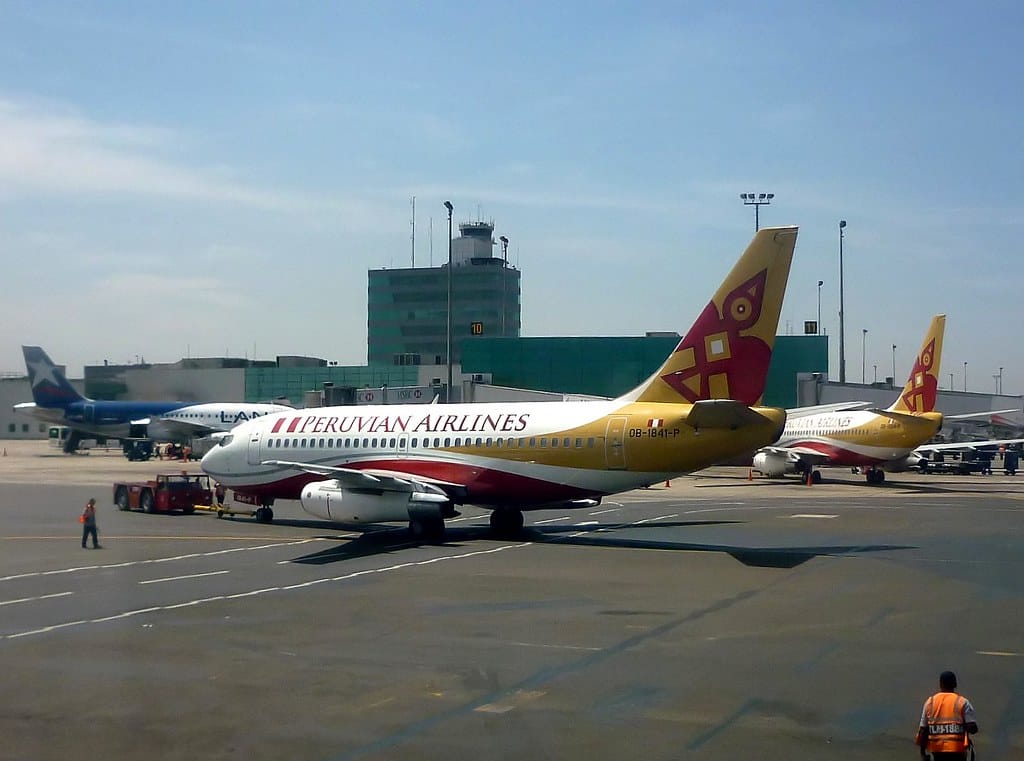Boeing Fuel System Safety Under Fresh Scrutiny After Critics Link Current Issues to 2019 Incident
Aviation safety experts are raising renewed concerns about Boeing aircraft fuel systems following reports that investigators are examining fuel switch malfunctions, with critics drawing parallels to a similar incident that occurred in 2019. The development adds another layer to ongoing scrutiny of Boeing's safety protocols and quality control measures.
Current Investigation Details
Federal Aviation Administration (FAA) officials have confirmed they are reviewing reports of fuel switch anomalies affecting multiple Boeing aircraft models. The investigation centers on potential malfunctions in fuel cutoff switches that could impact flight operations and emergency procedures.
Sources familiar with the matter indicate that at least six aircraft have experienced fuel switch irregularities over the past three months, prompting airlines to conduct precautionary inspections across their Boeing fleets. While no accidents have been directly attributed to these issues, the pattern has caught the attention of both regulators and industry watchdogs.
The 2019 Connection
Aviation safety critic and former NTSB investigator John Matthews has highlighted striking similarities between the current fuel switch concerns and an incident from 2019 that received limited public attention. In that case, a Boeing 737 MAX experienced a fuel cutoff valve malfunction during a routine maintenance check, which could have led to catastrophic consequences if it had occurred during flight.
"What we're seeing now appears to follow the same pattern we identified four years ago," Matthews told reporters. "The concerning aspect is that the 2019 incident was flagged as a potential systemic issue, yet here we are dealing with what appears to be the same fundamental problem."
The 2019 incident involved a fuel switch that failed to properly isolate fuel flow during emergency procedures, a critical safety function that pilots rely on during in-flight emergencies or evacuation scenarios.
Industry Impact and Airline Response
Major airlines operating Boeing aircraft have begun implementing enhanced inspection protocols for fuel systems. United Airlines, Southwest Airlines, and American Airlines have all acknowledged receiving guidance from Boeing regarding fuel switch inspections, though they maintain that flight safety has not been compromised.
"We are working closely with Boeing and the FAA to ensure the continued airworthiness of our fleet," said a spokesperson for United Airlines. "All necessary precautionary measures are being taken, and we remain confident in the safety of our operations."
The timing of these revelations is particularly sensitive for Boeing, which has been working to rebuild trust following the 737 MAX crisis and subsequent quality control issues that have plagued various aircraft programs.
Regulatory Response and Safety Measures
The FAA has indicated it will issue an Airworthiness Directive if the investigation confirms systemic problems with fuel switch mechanisms. Such a directive would mandate specific inspection and maintenance procedures for affected aircraft models.
Industry analysts note that fuel system integrity is paramount to aviation safety, with fuel cutoff capabilities serving as critical components in emergency response procedures. Modern aircraft typically feature multiple redundant systems, but any compromise to these safety mechanisms requires immediate attention.
"The fuel system is one of the most critical aspects of aircraft safety," explained Dr. Sarah Chen, an aerospace engineering professor at MIT. "When you have multiple reports of similar malfunctions, it suggests a potential design or manufacturing issue that needs comprehensive investigation."
Looking Ahead: Implications for Aviation Safety
This latest development underscores the ongoing challenges facing Boeing as it works to maintain safety standards while meeting production demands. The company's stock price has remained relatively stable despite the news, suggesting investors may be viewing this as a manageable maintenance issue rather than a fundamental design flaw.
However, the aviation community is taking a more cautious approach. The Allied Pilots Association has called for transparent communication about the investigation's findings and has urged airlines to err on the side of caution when scheduling aircraft maintenance.
The Path Forward
As investigations continue, the focus remains on ensuring that any potential safety issues are addressed comprehensively. The comparison to the 2019 incident serves as a reminder that even seemingly isolated problems can indicate broader systemic concerns requiring industry-wide attention.
For passengers and the aviation industry alike, this situation highlights the critical importance of robust safety oversight and the ongoing vigilance required to maintain the highest standards of flight safety. The coming weeks will likely bring more clarity on the scope of the issue and the measures needed to address it definitively.
